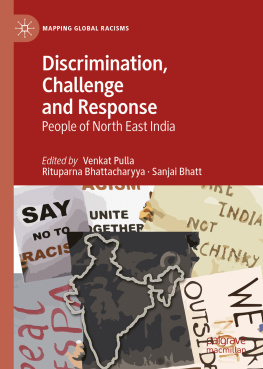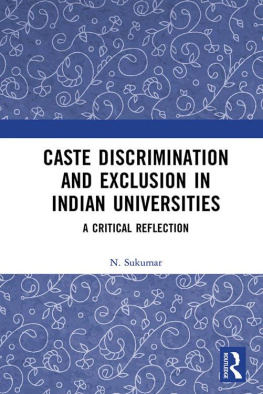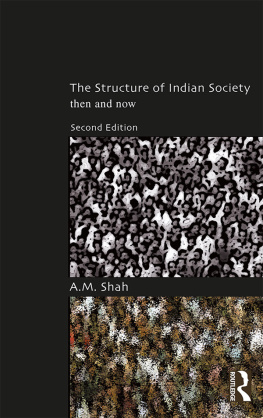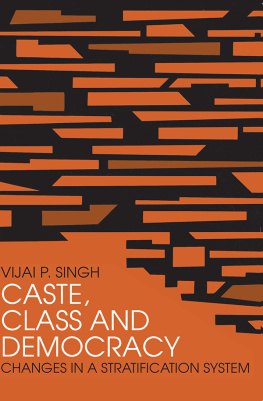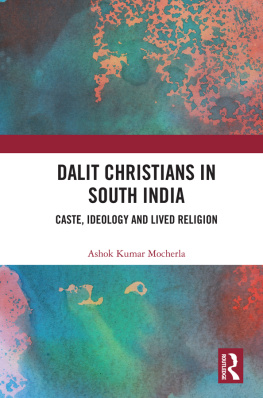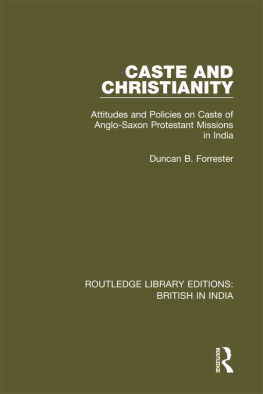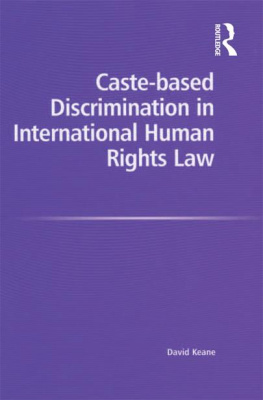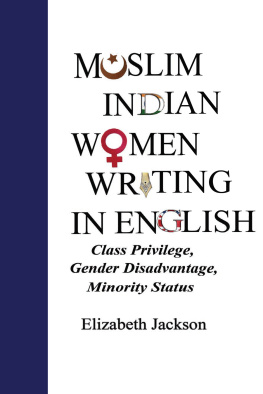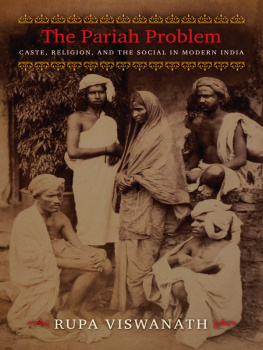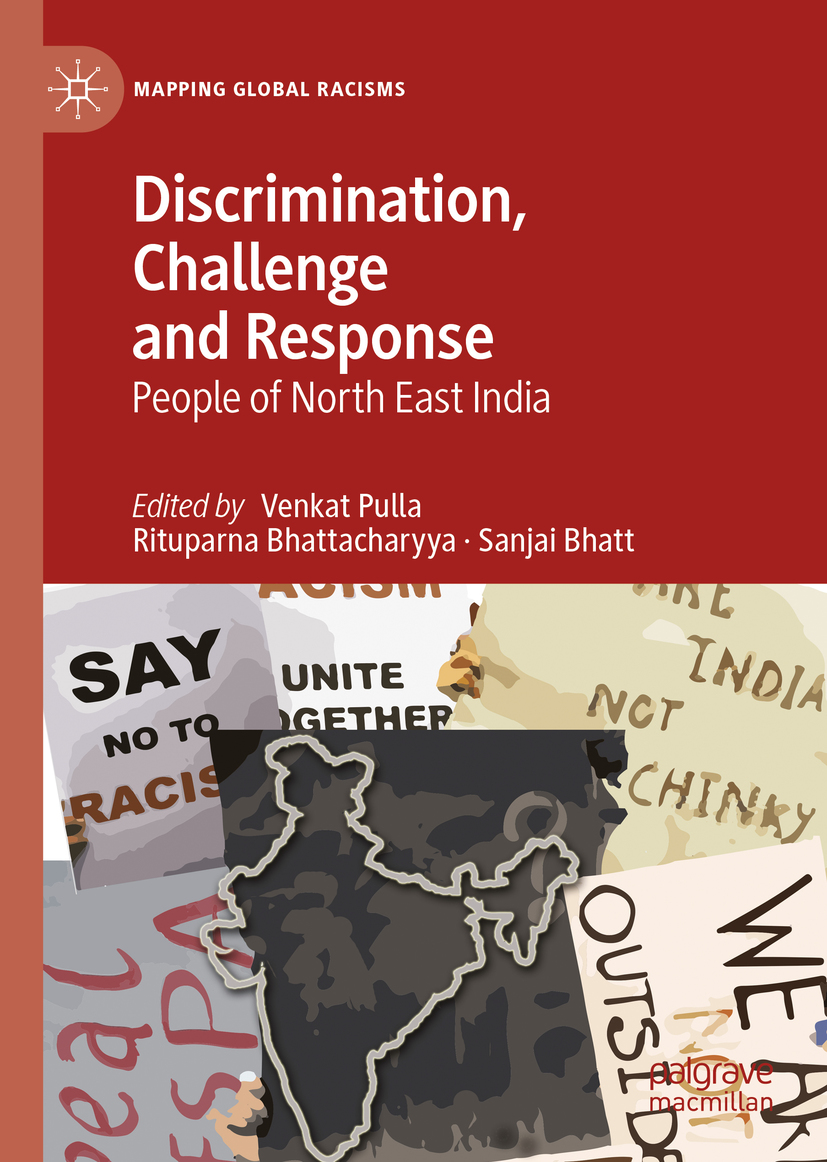Mapping Global Racisms
Series Editor
Ian Law
School of Sociology and Social Policy, University of Leeds, Leeds, UK
There is no systematic coverage of the racialisation of the planet. This series is the first attempt to present a comprehensive mapping of global racisms, providing a way in which to understand global racialisation and acknowledge the multiple generations of different racial logics across regimes and regions. Unique in its intellectual agenda and innovative in producing a new empirically-based theoretical framework for understanding this glocalised phenomenon, Mapping Global Racisms considers racism in many underexplored regions such as Russia, Arab racisms in North African and Middle Eastern contexts, and racism in Pacific contries such as Japan, Hawaii, Fiji and Samoa.
More information about this series at http://www.palgrave.com/gp/series/14813
Editors
Venkat Pulla
Senior Research Fellow (Adjunct) ILWS, Charles Sturt University, NSW, Australia
Sessional Academic, Charles Darwin University, NT, Australia
Foundation Professor, Brisbane Institute of Strengths Based Practice, NSW, Australia
Rituparna Bhattacharyya
Research Consultant & Editor-in-Chief Space and Culture, North Shields, UK
Sanjai Bhatt
Professor, Department of Social Work, University of Delhi, Delhi, India
Mapping Global Racisms
ISBN 978-3-030-46250-5 e-ISBN 978-3-030-46251-2
https://doi.org/10.1007/978-3-030-46251-2
The Editor(s) (if applicable) and The Author(s) 2020
This work is subject to copyright. All rights are solely and exclusively licensed by the Publisher, whether the whole or part of the material is concerned, specifically the rights of translation, reprinting, reuse of illustrations, recitation, broadcasting, reproduction on microfilms or in any other physical way, and transmission or information storage and retrieval, electronic adaptation, computer software, or by similar or dissimilar methodology now known or hereafter developed.
The use of general descriptive names, registered names, trademarks, service marks, etc. in this publication does not imply, even in the absence of a specific statement, that such names are exempt from the relevant protective laws and regulations and therefore free for general use.
The publisher, the authors and the editors are safe to assume that the advice and information in this book are believed to be true and accurate at the date of publication. Neither the publisher nor the authors or the editors give a warranty, expressed or implied, with respect to the material contained herein or for any errors or omissions that may have been made. The publisher remains neutral with regard to jurisdictional claims in published maps and institutional affiliations.
Cover illustration: Dhritiman Biswa Sarma, Kings Priory School, Tynemouth
This Palgrave Macmillan imprint is published by the registered company Springer Nature Switzerland AG.
The registered company address is: Gewerbestrasse 11, 6330 Cham, Switzerland
Foreword
Some years ago, I coined the phrase One thousand years in a lifetime to express the breakneck speed at which political, economic and social developments have swamped North East India and its people.
The region is a magnificent and tragic tapestry of people, events and nature. You can be touched by its rivers, rain and mist, overwhelmed by its seeming gentleness and stirred by its powerful and evocative history. There is strength and fragility in its immense diversitymore than 250 communities in eight states with a population of about 42 million people. Communities with kin in neighbouring countries. Not less than five countries abut on its region, which juts out of the mainland of India towards Myanmar, with long borders with China, Bangladesh and Bhutan. Indeed, 98 per cent of its borders are with the five nations. A bare 2 per cent is Indias share. Is it surprising, therefore, that people and communities there feel alienated and very distant, not just from Delhi, but the rest of the country?
There are many truths here, conflicting realities, especially in terms of perceptions. Indeed, it is these differing perceptions that lie at the root of most conflicts in the region, between India and its perceived northeast as well as within North East India itself.
The northeast is Asia in miniature, where communities and oral histories span national boundaries as seamlessly as the mountains and the forests run across them. The only land connection with India is a narrow corridor, the Chickens Neck, through which flow natural and finished resources such as oil, gas and tea in the out direction and consumer goods, food and other essential and non-essential items into the North East India. There are sensitive and complex problems that have defied solution for as long as independent India has existed.
Our population of well under 50 million is an anthropologists delight and an administrators nightmare. A settlement in one district that satisfies one group will alienate five communities in another part of the same district, not to speak of the state! There are special laws, constitutional provisions such as the Sixth Schedule and Article 371A, which seek to protect the traditions, lands and rights of various hill communities. In fact, no land can be bought by a non-tribal, even if he or she should live there. There can be no alienation of land. These are issues which again bring out the insideroutsider, the local and the other conundrum which has long troubled the region: not a single state of the eight has been untouched or unsinged by this tension.
Its been a place where innovation in administration, politics and social experiments and dynamics have been extensive, ambitious and met with mixed results. Thus, one of the original experiments with limited self-governance is the Sixth Schedule of the Indian Constitution, which was launched in the 1950s. At that time it was hailed as was a path-breaking effort to give small tribal communities, disadvantaged by lack of opportunityeducational, political and numericalextensive powers through the system of autonomous district councils, and to protect their traditions as well as their land.
To a substantial degree, these laws have worked. But there have been repercussions, including inadequate development, a multiplicity of authority and, in a number of cases, majoritarian groups in small states, such as Mizoram and Meghalaya , have applied pressure on small ethnic groups within their territories, depriving them of the very rights for which they fought against India or a larger state, such as Assam . The process has become muddied with greed, malfeasance and bitter battles for political power. Some political leaders in some of the northeastern states even want the disbanding of the Councils, saying that there is duplication and over-bureaucratization leading to ineffective administration and programme implementation.
Laws such as the Sixth Schedule need substantial change to make them more representative, so that they reflect the interests of gender, non-tribal communities and small tribes. Democracy grows only through continuing democratic practice and what often passes superficially in the northeast as traditional democracy is nothing less than male-dominated fiefdoms and feudalism.

